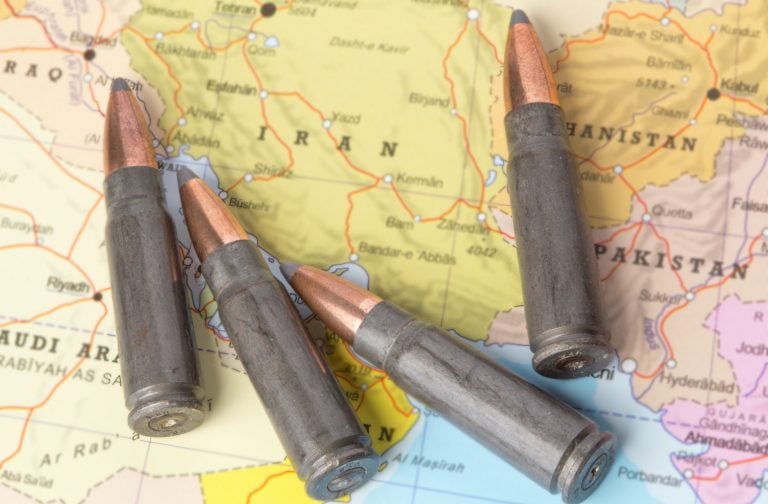
New, unprecedented economic sanctions have been imposed on Iran’s central bank after blame for a September 14 oil field attack was pinned on the nation by U.S. leaders. The sanctions blacklist the Iranian central bank and sovereign wealth fund, further severing the country’s already tenuous ties to the global market. With soldiers and weapons “of defensive nature” to be shipped to the Middle East in the wake of the attacks, some are questioning the true motives of U.S. foreign policymakers. Iran is not the first nation openly critical of the U.S. petrodollar to face such extreme sanctions, and threats of military invasion.
Also Read: How Cryptocurrencies Can Mitigate Some of Brexit’s Negative Effects
Past Attempts to Leave the Dollar
Like Iran, a nation whose leaders are resolute about moving away from USD hegemony via cryptocurrencies, non-USD reporting policies, and gold, Iraq was also a thorn in the side of petrodollar dominance at one time. That is, before it was invaded by U.S. forces in 2003. Iraq had begun trading oil for euros in 2000 as a means of surpassing crippling U.S. sanctions starving the country. This policy ended abruptly when America entered under the auspices of fighting 9/11-related terrorism, although there was no substantial connection. Nevertheless, Iraq now trades its oil for dollars, once again.
Both Iran and Iraq are rich in the natural resource, have refused to fall in line with western political dominance, seeking plans to create sound, independent currencies backed by gold. Libya is yet another example. When Muammar Gaddafi sought to bring about his gold-backed dinar and abandon the world reserve USD, NATO forces found their way to him briskly and, in the cackling words of then-Secretary of State Hillary Clinton, “We came, we saw,



